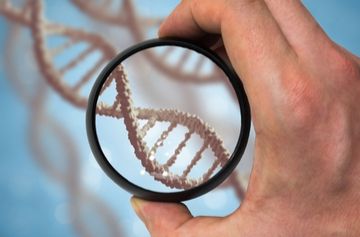 How can it be that around nine in ten people carry the cold sore virus yet only two in ten of sufferers develop symptoms, let alone the kind of persistent outbreaks that can lead to them relying on cold sore treatment five or six times a year?
How can it be that around nine in ten people carry the cold sore virus yet only two in ten of sufferers develop symptoms, let alone the kind of persistent outbreaks that can lead to them relying on cold sore treatment five or six times a year?
Most of us pick up the virus during childhood and, if we do go on to develop outbreaks, may only do so once we reach our adolescent years – an age when we are particularly sensitive to the aesthetic effects of the blisters around our mouths and noses that can last for as long as a couple of weeks.
For a long time, virologists were completely perplexed by the question and postulated that cold sore outbreaks were a product of a rundown immune system, but without exhaustive data to back up their position, this was never more than a convincing but unproven theory.
However, there is research [A systematic analysis of host factors reveals a Med23-interferon-λ regulatory axis against herpes simplex virus type 1 replication, Griffiths S, Koegl M, Boutell C, et al.] that confirms this theory does indeed have strong scientific basis. The study showed that immune proteins – known as interferons – are responsible for deciding whether or not cold sores develop in a person who is a carrier of the virus.
Interferons belong to a group of naturally-occurring chemicals in the body that are produced as an immune response to infection or inflammation. The study found that those who suffered cold sores had a mutated IL28B gene, which is responsible for producing adequate amounts of the interferon needed to help prevent the HSV-1 virus from becoming active. Therefore, they are more likely to develop sores than those who don't have the mutated gene.
This research is important in our understanding of the virus as it demonstrates that your chances of developing cold sores and needing to apply regular cold sore treatment are largely determined by your genetic makeup rather than any environmental factors.
This is not to say that dietary and lifestyle habits do not influence the chances of an outbreak, and it's still true that you can reduce the likelihood by taking a few simple steps. In short, continue to take care to avoid a cold sore outbreak, but know that to some extent the matter is out of your hands.












